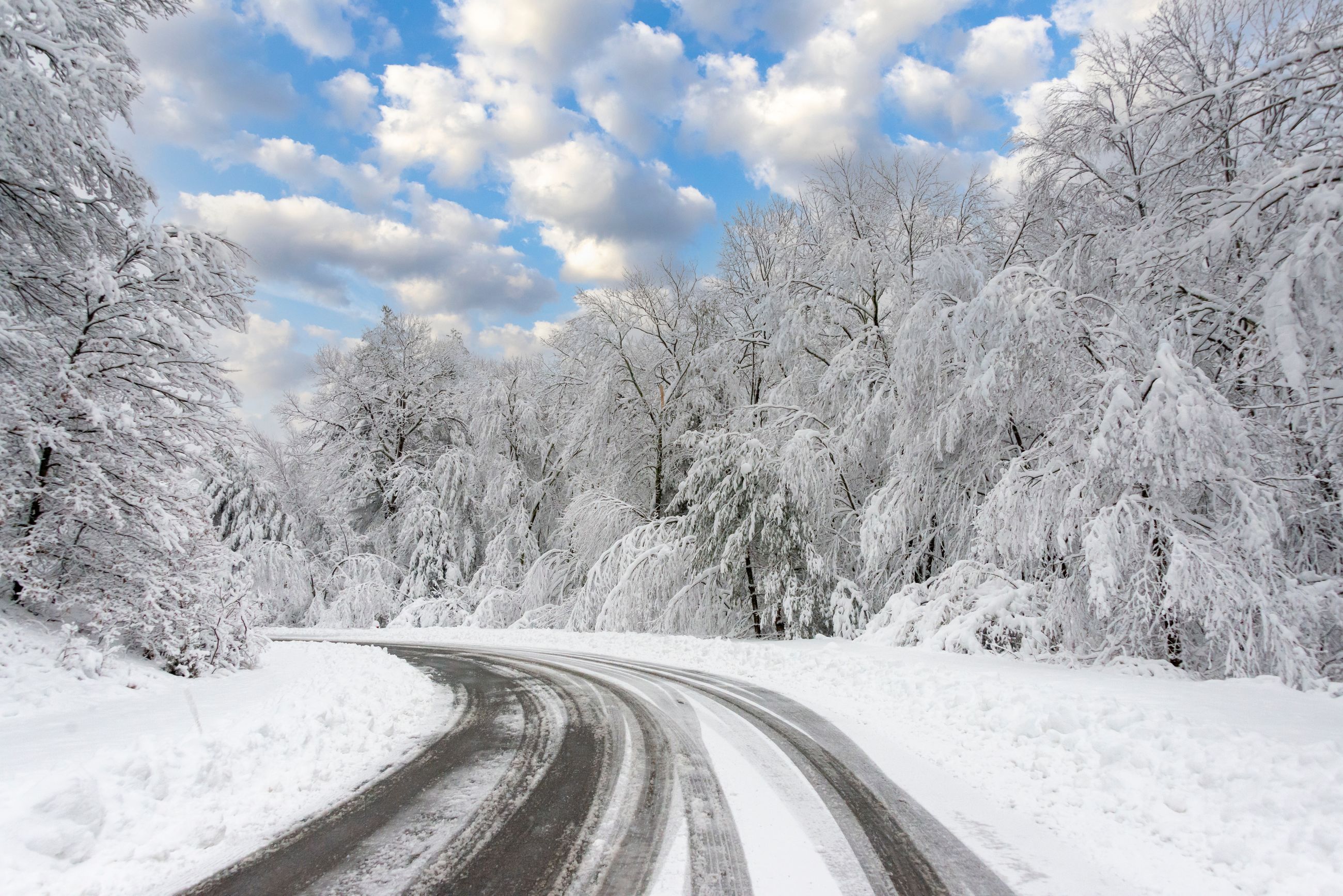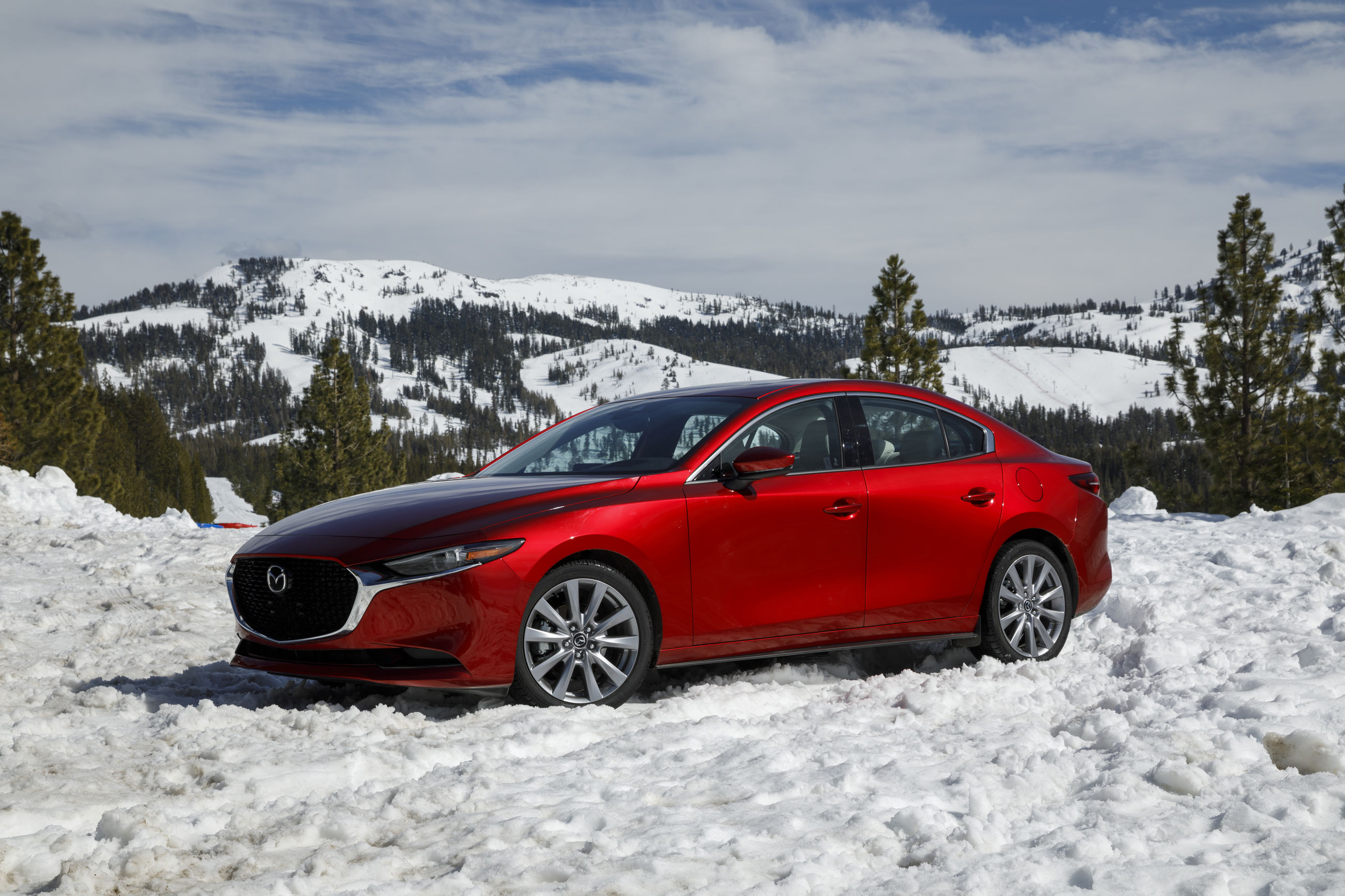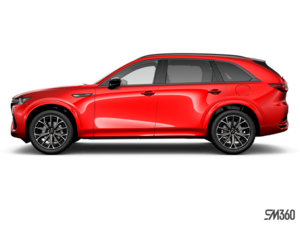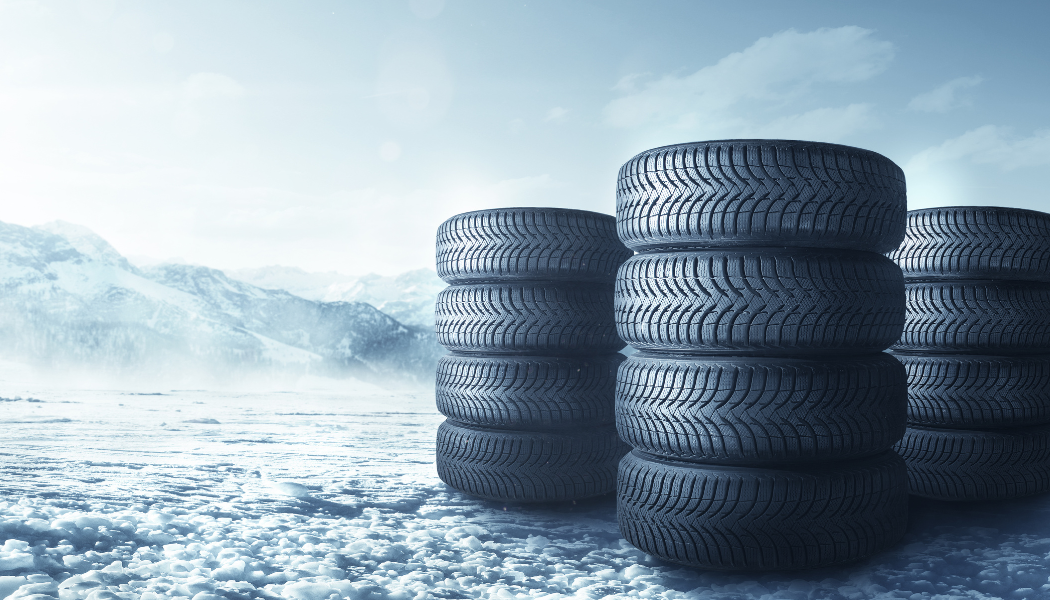Winter Tire FAQs For PEI
October 04 2023, Centennial Auto Group

Whether we're destined for a repeat of 2015 or due for a milder-than-normal winter, Islanders know that snow is inevitably on the way. That means it's the season for tire talk.
We've answered the 10 most frequently asked questions about winter tires below. Visit tires.centennialautogroup.ca to shop tires and book an appointment for your next tire installation, tire/rim swap, or tire purchase.
WHEN SHOULD MY WINTER TIRES BE INSTALLED?
Sooner than later.
There's no way that waiting for the first snow to fly – and consequently driving in the first storm – makes much sense. Furthermore, tire manufacturers recommend switching when the temperatures routinely fall below 7 degrees Celsius due to the benefits of their softer compound. And finally, waiting until the end of fall to make the switch means it can be more challenging to quickly and easily get an appointment.
WHAT IF I DON'T PLAN TO DRIVE IN THE SNOW?
You should still equip your vehicle with winter tires.
Winter tires are effective not just because of their grooves and sipes but because the softer compound is more suited to cold temperatures. We recommend winter tires once temperatures persist below 7 degrees Celsius.
But there's another issue. Planning not to drive in snow and being forced to drive in the snow – given PEI's unpredictable weather and PEI's prevalent drifting – are two very different things. Moreover, it's entirely possible that roads could remain snow-covered for an extended period of time.
DO I REALLY NEED WINTER TIRES IN PEI?
Yes.
In an average winter, Prince Edward Island receives 290 centimetres of snow. The first measurable snowfall typically falls in early or mid-November. Snow is more likely to hang around in December. Then, in January, February, and March, we can assume that there will frequently be snow-covered roads.
Given those conditions, winter tires are a must for:
- • drivers who want to accelerate in the snow and slush without fighting for traction
- • drivers who want to corner without sliding uncontrollably into the opposite lane or the ditch
- • drivers who want to stop safely.
Speaking of stopping safely, check out this video that shows different Michelin tire compounds and how quickly they come to a stop on ice.
HOW IS A WINTER TIRE DIFFERENT FROM AN ALL-SEASON TIRE?
There are five primary factors distinguishing winter tires from all-season or summer-oriented performance tires.
- • rubber compound
- • tread blocks
- • grooves
- • ribs
- • siping
A winter tire uses specific rubber compounds that are softer and more flexible; a harder all-season or summer tire would become too hard and want to skate like a hockey puck in cold temperatures. A winter tire's tread blocks are raised higher to create greater tread depth.
The deeper grooves and more substantial ribs of a winter tire help to move more snow, slush, and water in and out of the way. A summer tire isn't going to be faced with the same tasks and therefore doesn't have to be shaped for the same job. Finally, the winter tire's sipes – or the narrow slits that criss-cross the tire – are far more densely populated on a winter tire, helping it bite into the ice and snow.
IS IT THE LAW TO INSTALL WINTER TIRES?
While it is mandatory to equip your vehicle with winter tires in Quebec and parts of British Columbia, PEI has no such law.

DO I NEED WINTER TIRES IF MY VEHICLE HAS ALL-WHEEL DRIVE?
Yes.
Full-time all-wheel-drive and part-time selectable four-wheel-drive systems provide an extra layer of accelerative traction in all driving conditions. But if you're not sending power – or drive – to the wheels, such as when braking or coasting, there are no traction benefits from having an extra pair of driven wheels.
DO I NEED TO BUY A SEPARATE SET OF WHEELS FOR MY WINTER TIRES?
That depends.
It's certainly not a requirement, but there are a couple benefits to having your winter tires mounted on a secondary set of steel wheels or winter-ready alloy wheels. First, it's more convenient and more affordable to change over in the fall and spring. Second, it will help preserve the nice alloy wheels that came with your car from the harsh sand, salt, and grime of winter.
SHOULD MY WINTER TIRES BE STUDDED?
Again, that depends.
Not all winter tires are eligible to receive studs. But if you do choose a studdable winter tire, you are likely to notice added bite when conditions are particularly icy or the snow pack becomes especially hard. PEI rules allow for studded winter tires from October 1 to May 31. Studded tires generally cost a bit more and generate more road noise, but many rural residents consider them a must-have when living in areas that don't receive as many visits from the plow.
DO I NEED TO DRIVE DIFFERENTLY WITH WINTER TIRES?
You need to drive differently because it's winter, not because you're using winter tires. Regardless of your rubber choice, there are a few key tips for driving in wintry conditions.
- • First, maintain extra distance between your vehicle and the vehicle(s) you're following – stopping will require extra distance in the snow and slush.
- • Second, drive as smoothly as possible since abrupt movements are more likely to cause a loss of traction – this means more gradual throttle and brake inputs and slower entry into corners.
- • Third, look where you want to go. No matter what you're driving or riding, humans are prone to heading in the direction they're looking. So if you are sensing a loss of traction, make sure you're looking where you want to go.
- • Fourth, keep an eye on your tire pressure. Cold temperatures cause tire pressure to decrease more quickly.
- • Fifth, while quickly stabbing the brakes is likely to undo your vehicle's balance too suddenly, you do need to trust your anti-lock brake system, or ABS. If you are attempting to come to a complete halt, your ABS-equipped vehicle will cause a pulsating sensation through the pedal. But don't let up – that just means they're working.
ARE WINTER TIRES WORTH THE ADDED COST?
Most definitely.
Beyond the fact that there's no easy way to put a value on your safety and the safety of your family, remember that every kilometre you drive on your winter tires is a kilometre you didn't put on your all-season tires. That means the all-season tires that are responsible for April-October driving will provide service much longer because they're resting in storage from November-March.




